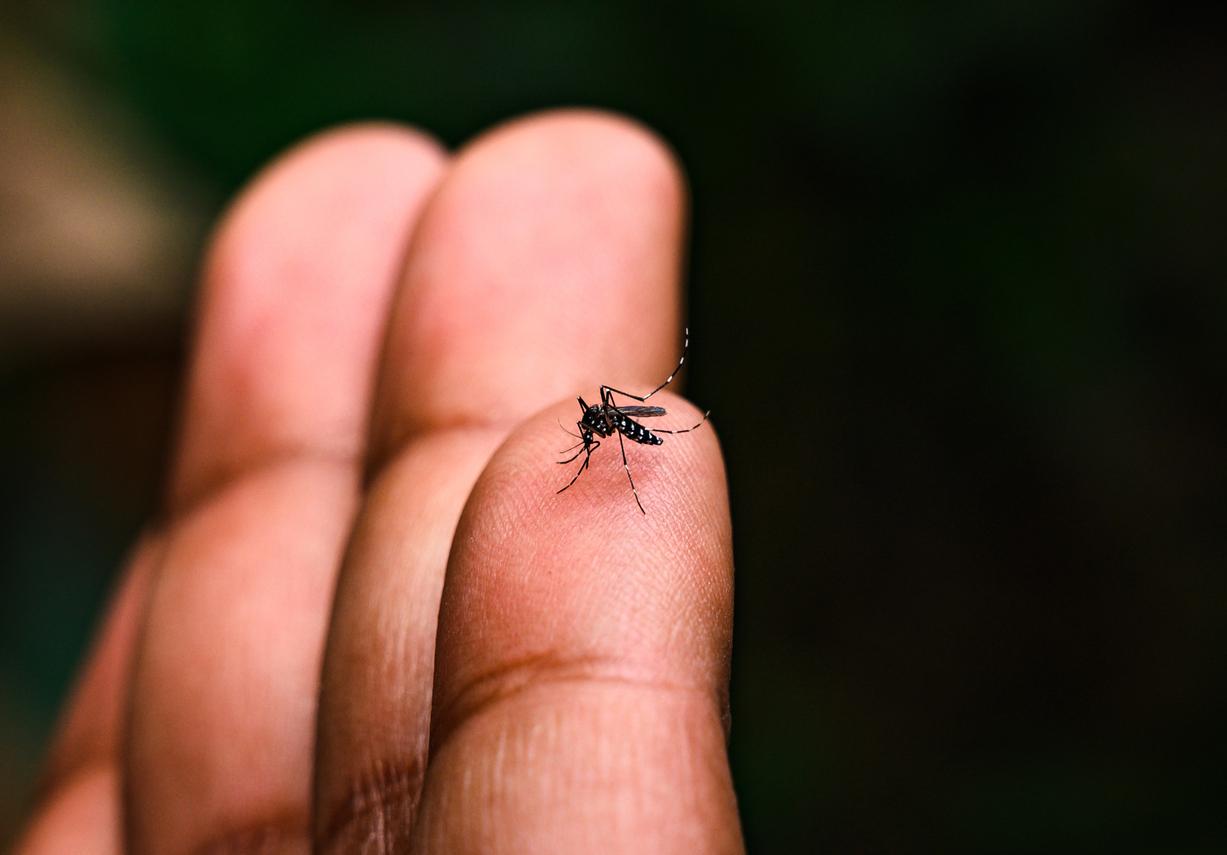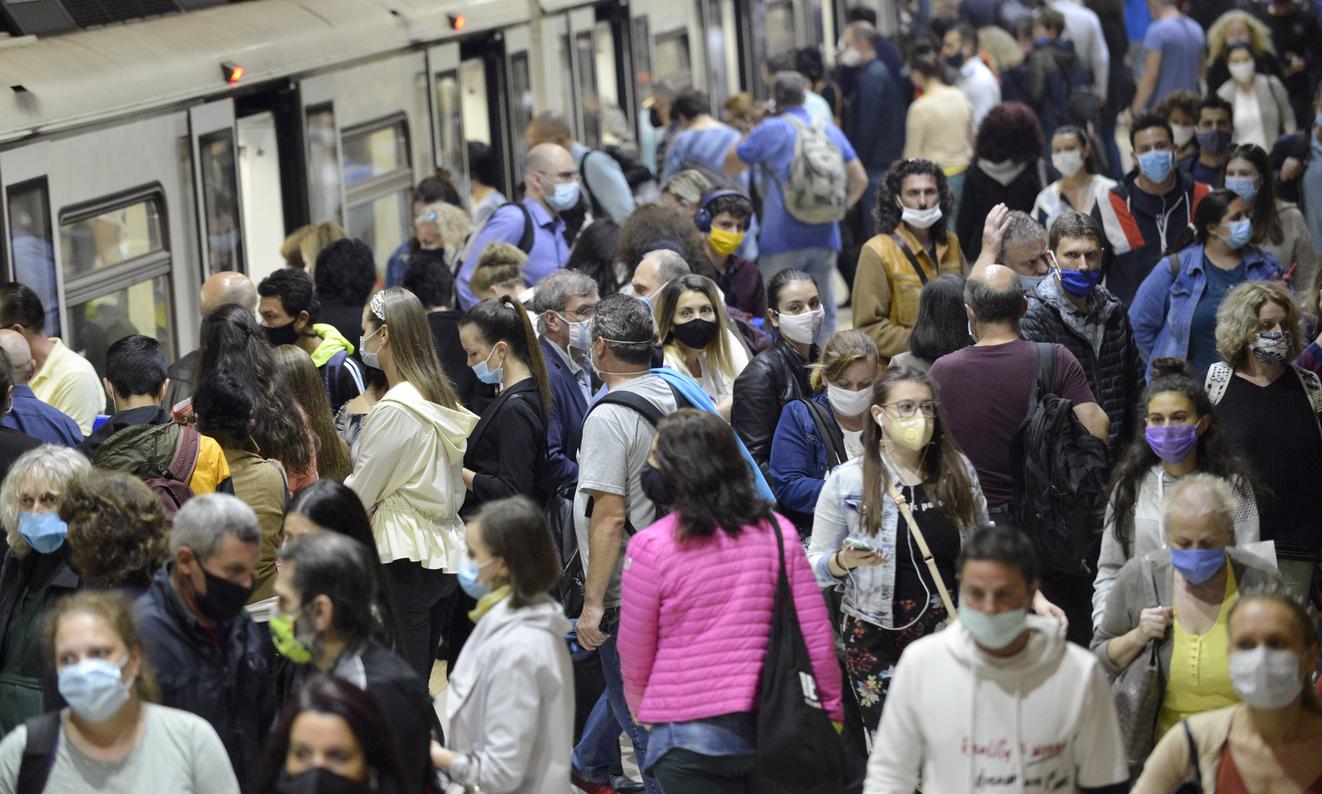INTERVIEW – While the Cannes jury awarded its grand prize to 120 beats per minute, Christophe Martet looks back on Act Up’s years of struggle traced in this film.

It was the very beginning of the 1990s. In France, the epidemic swept away patients every day by the dozen, old people, young people, kids barely out of adolescence. The company looked with a contrite air on these people with emaciated bodies, who were dying with a shovel in helpless hospitals. We called it “the pink plague”, “gay cancer”, the stigmata were rife, prejudices abounded, it does not happen to good people. It was the AIDS years.
An era marked by the activism of Act Up, the spearhead of a fight against indifference, ignorance and inaction. “Silence = death”, proclaimed these activists, who to raise awareness had chosen vehemence.
Twenty years later, the punching actions and the state of mind that permeated this movement inspired French cinema. In Cannes, the jury awarded its Grand Prix to the film 120 beats per minute, directed by Robin Campillo. The former activist Christophe Martet, who arrived at Act Up Paris in 1991, ex-leader of the association, remembers these years of struggle.
Why did it take so much radicalism to wage this fight at the time?
Christophe Martet: First of all, because being 20-25-30 years old and seeing friends around you die in a lightning way is a radical experience. We did not become Act Up by chance: we often came there because we had been struck like thunder by this disease, by the disappearance of a loved one and by this feeling of helplessness, rage, anger, envy do battle and not leave things as they are.
At that time, there was little talk of AIDS. The epidemic affected gay men, drug addicts, people of color… it was not doing very well. People were dying around us and nothing was happening, neither among politicians, nor in laboratories, nor in prevention organizations and the media …
It was therefore necessary to give a face to the epidemic and that is what Act Up did: organize die in, plan shifts because the police arrived and dislodged us, chained themselves to the gates of the National Assembly, picketing (picket lines, editor’s note) in front of the Ministry of Health, every Thursday for months before being received at the end of this harassment… During these demonstrations, we engaged our body, it was not small cushy gatherings in front of an organization.
Christophe Martet, former president of Act Up: ” When I saw my two best friends die, I was HIV-positive myself, I told myself that I had not been told the whole truth… Mitterrand only once said the word AIDS… “
How were you perceived by society and politicians?
Christophe Martet: What is funny is to note that today, there is a kind of unanimity around the fight of Act Up. Everyone thinks it’s a great subject in the film, whereas at the time, we were insulted a lot, including in the gay community. But you have to understand that among her, some were isolated, others did not want to hear about AIDS.
At the beginning, the politicians did not understand very well this irruption of young people, very committed, with a lot of repartee but who were not part of the circle of “experts”. When we went to political meetings, we had in front of us white men, straight, in ties and we arrived in t-shirts, with whistles. They were helpless because on the one hand, we were in a real confrontation with them – it was our effective way of getting things done – but on the other, we could have very peaceful discussions with these same people because somewhere , we were all in the same boat. Doctors, researchers, politicians, associations, patients, we were immersed in an ocean of helplessness.
In the film, we see Act Up doing AIDS prevention. The State refused to take on this mission?
Christophe Martet: Yes, but the prevention was very inconspicuous and not targeted. There were general public campaigns, we were told: “condoms wish you a good vacation”, or other very messages. peace and love. This did not allow people to appreciate the gravity of the situation. We saw a huge gap between the tone of these campaigns and reality.
Once, I was in Philippe Douste-Blazy’s office (Minister of Health from 1993 to 1995, editor’s note) who told me: we are not going to do homo campaigns, it is homosexual proselytism! But from this point of view, we have not changed so much… The very first campaign where we directly addressed gays in the public space was in 2017. See how it was received…
Christophe Martet : “ We were told: you see, there is a gay wink, a man who smiles at another… We had made a clip where we said things clearly. “
Was the radical activist mode ultimately effective?
Christophe Martet: Of course, this resulted in a lot of measures for people with AIDS, like 100% care, but more generally we were not fighting just for them. All the fight that we led on the rights of the sick in the hospital led Simone Veil to put in place the booklet of the hospitalized patient. It might sound silly, but Act Up got it done, because we felt it was unacceptable to leave people in this hospital-like state of infantilization.
Likewise for foreigners, Act Up’s struggles have made it possible to put an end to the expulsions of all patients, not only those with AIDS. Ditto concerning the provision of drugs, which was accelerated thanks to the activism of associations, and which ultimately benefited other pathologies, other patients.
Today, on many subjects, there would be a need for a certain form of radicalism, not to be content with the sole activity of lobbying. Regarding what is happening in Chechnya, I think that a group like Act Up would have done more spectacular things than small gatherings on the Place du Trocadéro. But we are no longer in that spirit. It must be said that at the time, there were 200 people in meetings every Tuesday, easily mobilized. And then the security conditions are no longer the same.
Sidaction, JT 20h, June 16, 1996: “What is this shitty country?” – Ina.fr
.















